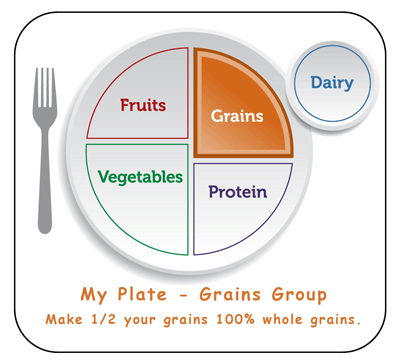I read an article last night, that also said that Paleo man was quite tall, yet Neolithic man had shrunk by some considerable inches. This also ties into the time where Neo man began to put down roots and farm rather than being a hunter gatherer. You have to ask why once Neo man began to settle into communities, and farm, he should shrink?
There is also a major debate about the life span of Paleo man and modern man. Paleo man as we all know had to hunt for his dinner, so injury would not have been uncommon. The example given was, if Paleo man broke his leg, then he stood a chance of being lunch for a local bear. If modern man breaks a leg he gets a cast, then rests up on the couch watching tedious daytime television.
From my understanding, Paleo man lived a very healthy life, his earlier death was in part due to the hunting and gathering he would have done and injuries incurred. Many woman will have died during childbirth, so those two issues alone could account for a large proportion of early deaths in Paleo man.
There is also a major debate about the life span of Paleo man and modern man. Paleo man as we all know had to hunt for his dinner, so injury would not have been uncommon. The example given was, if Paleo man broke his leg, then he stood a chance of being lunch for a local bear. If modern man breaks a leg he gets a cast, then rests up on the couch watching tedious daytime television.
From my understanding, Paleo man lived a very healthy life, his earlier death was in part due to the hunting and gathering he would have done and injuries incurred. Many woman will have died during childbirth, so those two issues alone could account for a large proportion of early deaths in Paleo man.





